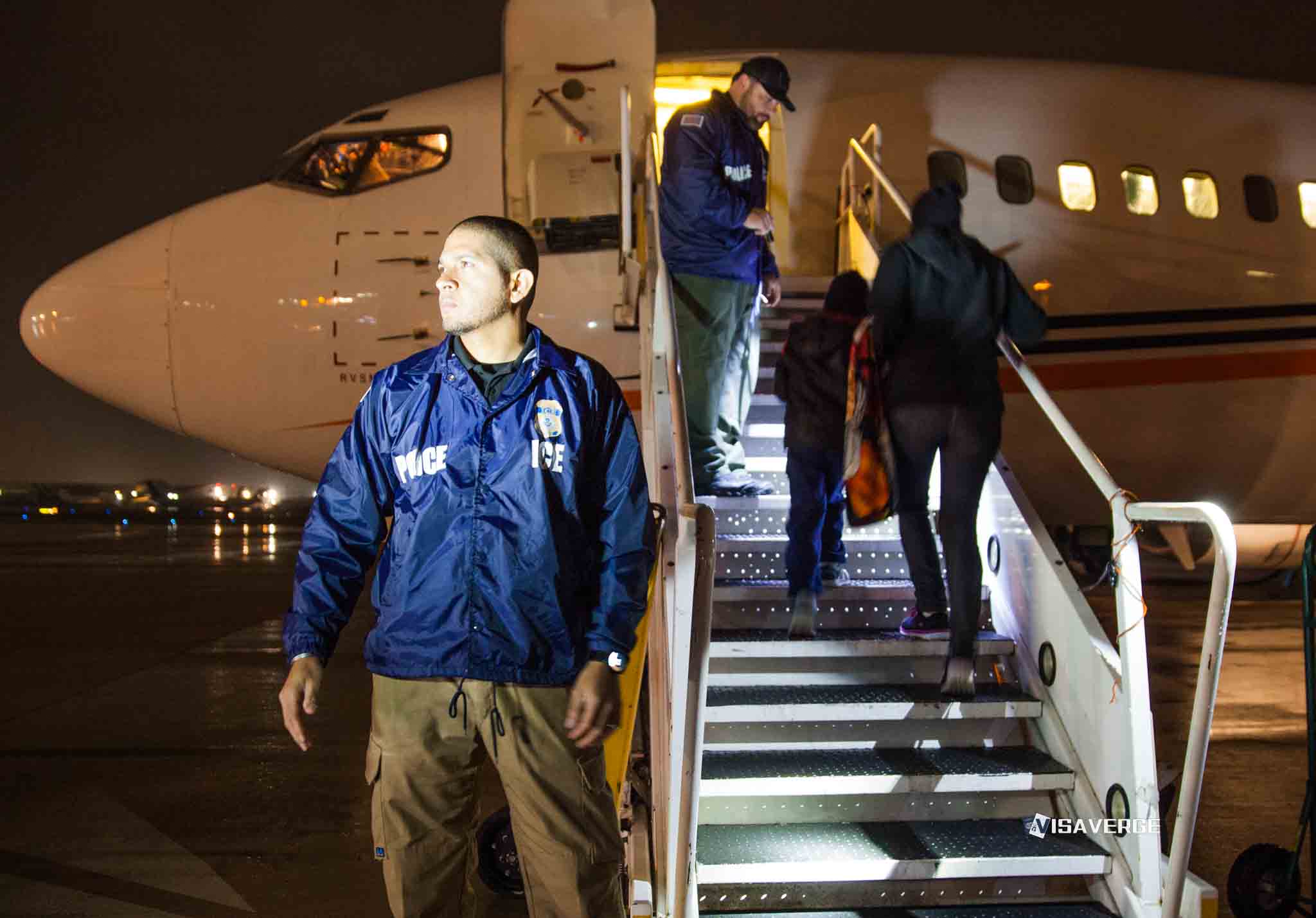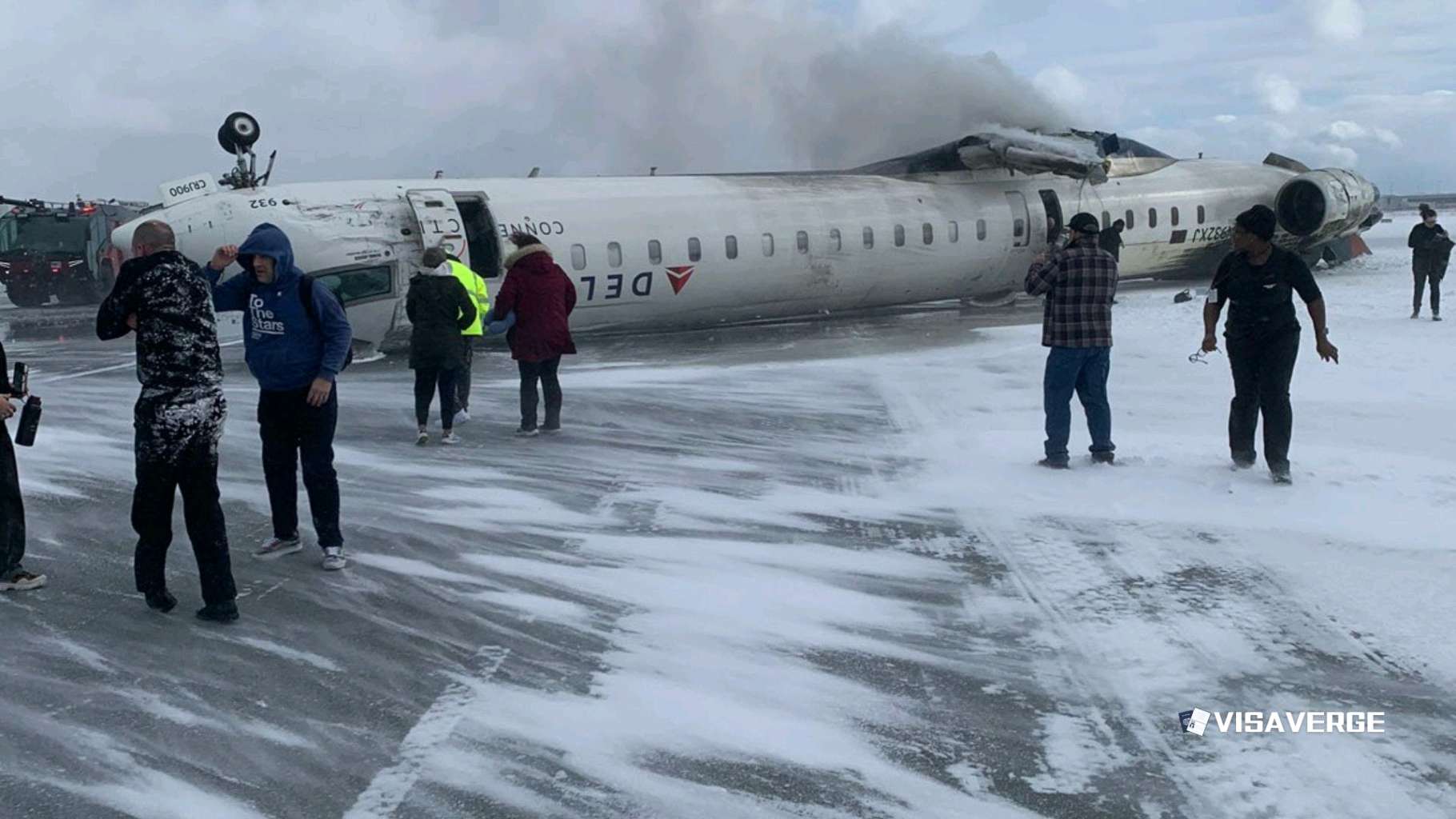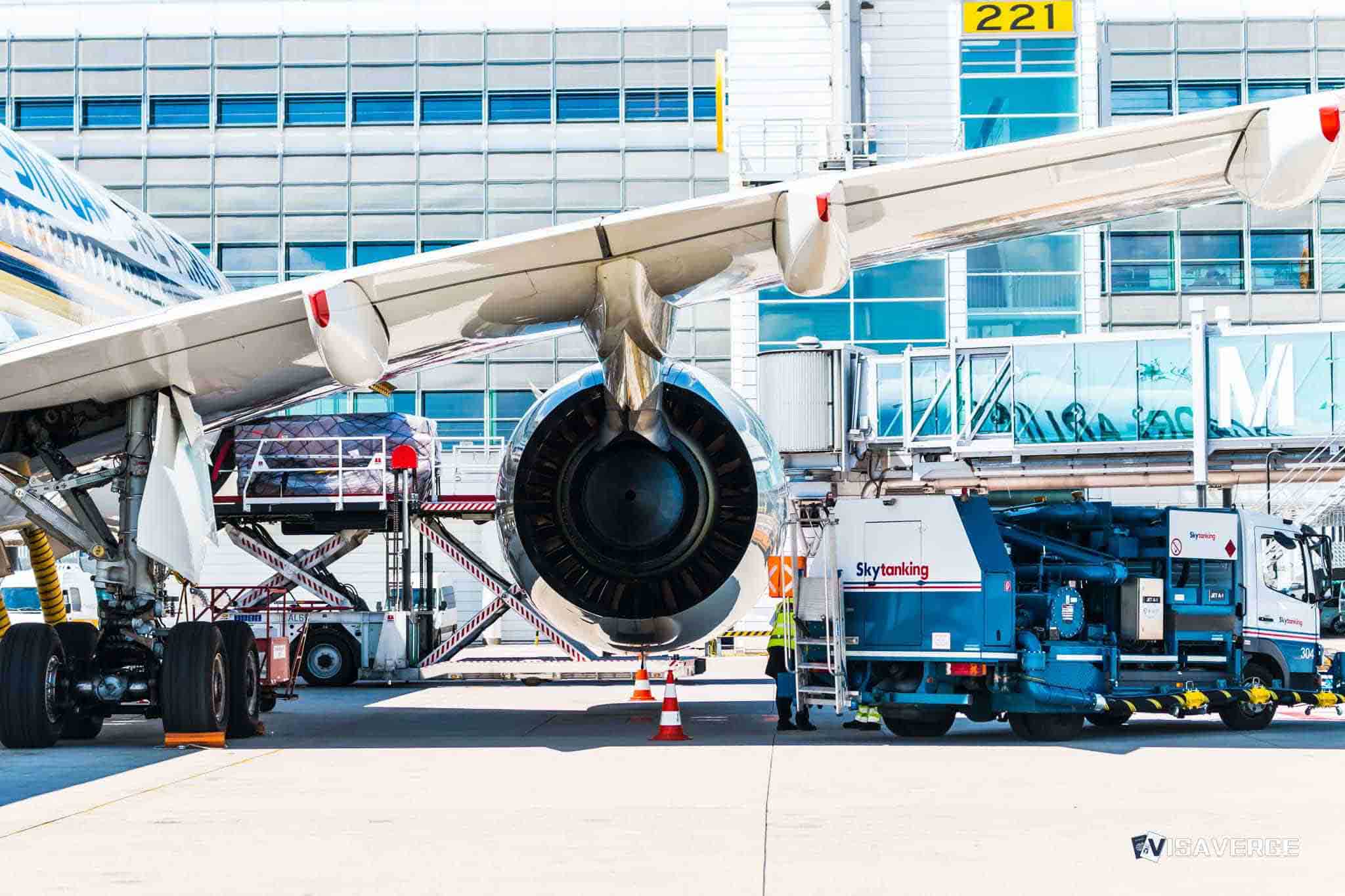(North Carolina) A brief headline from CBC News — “North Carolina becomes latest battleground as military-aided operations ebb in other cities” — is drawing attention well beyond the state’s borders, even though almost no public details are available about what is happening on the ground. The headline, tied to a CBC listing dated November 18, 2025, hints at a shift in how security forces may be working with civil authorities in North Carolina, and raises new questions about how immigration enforcement, public safety, and the presence of troops or equipment could interact in communities across the state.
What is publicly known (and what is missing)

What is known so far is limited almost entirely to that single line: North Carolina is described as the “latest battleground,” and there is a suggestion that military-aided operations are declining, or “ebbing,” in other cities.
There is no public description of:
- the type of forces involved
- which agencies are leading any operations
- whether efforts are aimed at immigration enforcement, general policing, border-related work, or emergency support
That vacuum of detail has left local residents, immigrant families, and lawyers trying to piece together what this might mean for daily life.
Context from past examples
Because the CBC listing does not spell out the nature or scope of any military-aided operations, community advocates in North Carolina can only compare the framing of the headline with past examples elsewhere in the United States.
- In previous years, National Guard units or other soldiers have sometimes helped with:
- logistics and transportation
- surveillance and monitoring
- support during immigration enforcement surges led by federal agencies such as U.S. Customs and Border Protection (CBP) or Immigration and Customs Enforcement (ICE)
- Those earlier deployments were usually announced in advance and included some level of official explanation.
The suggestion that operations might be “ebbing in other cities” implies the model used elsewhere could be changing — and that change may be shifting attention to North Carolina.
Community impact and fears
For immigrants and mixed-status families in North Carolina, the word “battleground” is particularly unsettling. It evokes:
- intensified political and social conflict
- fears of stepped-up immigration raids
- concerns about checkpoints or visible military gear on neighborhood streets
Even without confirmed details, such language can cause people to:
- avoid public places
- skip medical visits
- keep children home from school
because they fear encountering authorities.
“Language and framing can change behavior long before any enforcement action occurs.”
— observation echoed by community advocates and analysts
Legal and institutional framework
Lawyers and policy analysts emphasize that any serious cooperation between the military and civilian agencies would sit under a complex legal framework.
- The Posse Comitatus Act limits direct involvement of federal military forces in domestic law enforcement.
- When military-linked support occurs, it typically takes the form of:
- logistics
- information-sharing
- transportation support
rather than troops making arrests.
None of this nuance appears in the brief CBC reference, leaving readers to guess how legal lines might be drawn in North Carolina and why other cities are apparently seeing a decline in such efforts.
Importance of clear public messaging
Advocates say that, in this atmosphere, clear public messaging is almost as important as the operations themselves. The implications vary greatly depending on the nature of the support:
- If military-aided operations mean disaster relief or emergency response, the impact on immigrant communities is likely to be different.
- If they involve detention, transport, or surveillance related to immigration enforcement, the consequences can be severe and far-reaching.
Analysis from VisaVerge.com (as cited by advocates) suggests that changes in enforcement tools and cooperation arrangements often have a chilling effect on immigrants long before enforcement actions occur — because people act on what they hear and fear, not only on official documentation.
Federal roles and where to find baseline information
Federal officials typically point to an established division of roles:
- Immigration enforcement in the interior is generally run by agencies overseen by the Department of Homeland Security (DHS), not the Department of Defense.
- DHS components involved include ICE and CBP.
Readers looking for baseline information on federal roles can review DHS’s public material at dhs.gov. That framework, however, still does not tell North Carolina residents exactly what kind of operations — if any — are making their state a “battleground.”
Diverse local reactions
Local reaction often depends on personal history and perspective:
- For some veterans and military families, the idea of troops helping in crises may seem normal or reassuring.
- For refugees and asylum seekers who fled conflict zones, seeing uniforms or armored vehicles nearby can trigger deep anxiety and trauma.
When a news headline links their new home with military-aided operations, it can revive painful memories many hoped to leave behind.
Political context and symbolism
Analysts note that without a full article to review, the broader political landscape is an important lens:
- North Carolina has long been a battleground in national elections, with close races and heated debates over immigration, policing, and federal authority.
- The CBC headline may reflect that larger political climate as much as it reflects any single operational deployment.
- When enforcement strategies change elsewhere and attention shifts to a politically sensitive state, the move can take on symbolic meaning — hinting at where national debates about migration, security, and civil rights might be headed.
Practical guidance and community preparedness
Community organizations typically urge residents — regardless of immigration status — to:
- stay informed and rely on verified information rather than rumors
- keep copies of important documents
- know basic rights when interacting with officers
- maintain contact with trusted legal assistance
History shows that confusion itself causes harm: people may cancel travel, avoid government offices, or decline work opportunities out of fear.
Key unanswered questions
Until more details are released, the primary unanswered questions remain:
| Question | Why it matters |
|---|---|
| What exactly are the “military-aided operations”? | Determines whether support is humanitarian, logistical, or enforcement-related |
| Which agencies requested or approved them? | Clarifies lines of authority and legal constraints |
| Why are such operations described as ebbing in other cities but rising here? | Indicates whether this is a tactical shift or a political signal |
| How, if at all, do they intersect with immigration enforcement? | Shows potential impacts on non-citizens, permanent residents, and citizen family members |
Until those questions are addressed with concrete facts, the phrase “latest battleground” will continue to dominate the narrative and leave communities to fill in the blanks on their own.
This Article in a Nutshell
A November 18, 2025 CBC listing calls North Carolina the “latest battleground” amid reports that military-aided operations are ebbing elsewhere. Public information is minimal: authorities, force types, objectives, and timelines are unspecified. The headline has unsettled immigrant communities and advocates, who note language alone can change behaviors. Legal limits like the Posse Comitatus Act usually confine military roles to logistics, information-sharing, and transport. Advocates stress the need for clear official messaging to explain whether support is humanitarian, logistical, or enforcement-related and to reduce community anxiety.













